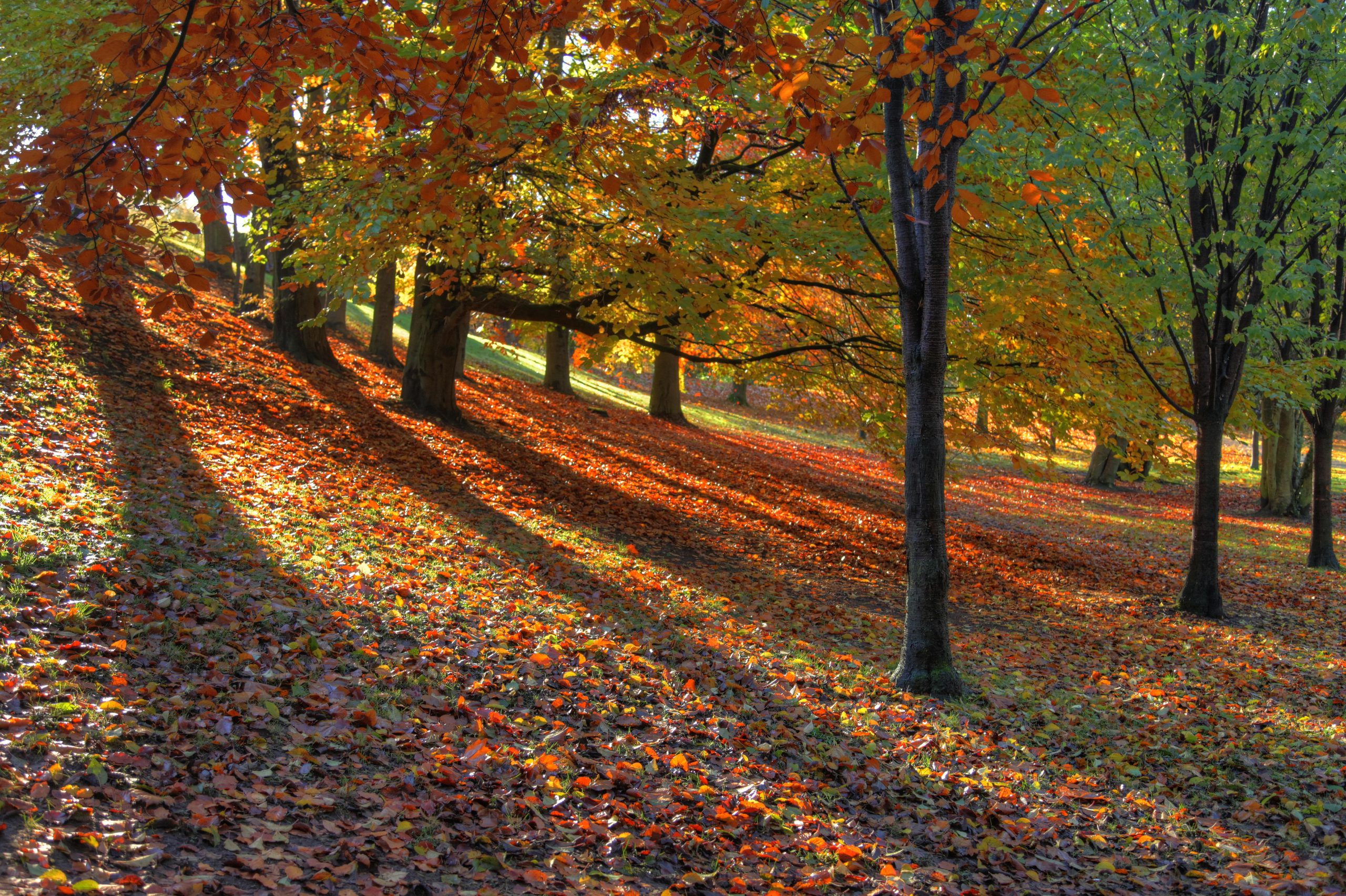Blessed are the pure in heart, for they will see God (Matthew 5:8).
In my college years, questions about God’s existence animated my intellectual quest. In classes, long reflective walks and drives, and conversations with atheistic and fundamentalist friends, I pondered the questions. The questions still visit, albeit less often. Those questions and I remain dear friends.
Yes, dear friends. For the questions and those who pose them – intellectual giants like Feuerbach, Freud, Marx, and Nietzsche, clients in therapy dogged by amplified existential anxiety, and voices of my own soul – force me to examine my faith, to exercise it intellectually and emotionally. The workout strengthens it.
But more important, the workout strengthens my love. For the questioners become my brothers and sisters in shared concern about knowing God.
In college, I mainly worried over the assertion that God amounts to nothing more than a psychological projection. God could be an image of ourselves, our parents, or of a heavenly gatekeeper who rewards the well-behaved. The god of wishful thinking. But such critics misunderstood me. They took shots at a caricature of my faith.
Even the most devout philosophers grant that one can neither prove nor disprove God’s existence. My radically theistic friend, Soren Kierkegaard, coined the phrase, “leap of faith.” He showed me not that faith believes against all reason but that faith requires more than belief. It demands throwing oneself with both hands and feet into the rapids of life and swimming with God. It invites finding one’s deepest passion for the good and living it single-mindedly: “Purity of heart is to will one thing.”
Commitment comes before understanding in matters of love, as when I fell in love with my son the moment his slimy, naked, protesting body slipped into the atmosphere without my knowing the first thing about him save his gender. Science publishes dazzling knowledge, but all provisional. None of it helps much with the questions that matter most, those upon which we stake our lives, questions of goodness, beauty, freedom, immortality, and of course, God. If we sit back in our armchairs as cool, impartial judges without taking the dare of commitment, the experience of knowing God will pass us by.
I love pondering the failed but splendid proofs, but at the end of the day, I love pondering, well, the day. I reflect prayerfully on trees, leaves, and shadows. Then I reflect on suffering and joy witnessed or experienced, on anything at all, really. For if I loved or received love that day, I will remember God in it. Trying to know by argument and proof prompts wonder at best, despair at worst. But knowing God through love makes God’s existence a matter of perception, not proof. And what beautiful memories God makes.
Related Posts
Science, Mysticism, and the Power of Unknowing
Mystic in the Mirror
Overcoming Obstacles to Receiving and Responding to God’s Love
Discernment: The Art of Really Living Your Faith



Back when I was floundering, I read Sam Keen’s “Hymns to an Unknown God.” One of the things I left with from that book is that we need to become more in love with the questions than our desire for answers. I have lots of questions yet to be answered. Most of them related to your questions. They keep me grounded and demand of me to be more centered in spirit.
Yes, I am convinced that growing in faith requires learning to live with unknowing. That habit seems to correspond with health, peacemaking religion. The habit of rushing to certainty corresponds with unhealthy, divisive religion. Being with mystery is so important for prayer. And by the way, thanks for the book recommendation!